Beijing Lao She Teahouse was founded in 1988, and its predecessor can be traced back to 1979 as the Qianmen Big Bowl of Tea. Laoshe Teahouse is located in the southwest of Tiananmen Square, adjacent to Dashilan, an ancient commercial street in Beijing, with a unique geographical location and profound cultural heritage.
Beijing Laoshe Teahouse was founded in 1988, and it is the first folk culture teahouse in Beijing after China's reform and opening up. Its predecessor was a big bowl tea stand on the west side of Qianmen Jianlou in 1979, which cost two cents a bowl. Laoshe Teahouse is located in the southwest of Tiananmen Square, adjacent to Dashilan, an ancient commercial street in Beijing, with a unique geographical location and profound cultural heritage.
Laoshe Teahouse takes "rejuvenating ancient Chinese tea culture and fostering national artistic flowers" as its business purpose. Its current business area is more than 5,000 square meters. It is a collection of Beijing-style tea culture, opera culture, and catering culture. It is a collection of Beijing-style teahouse culture in the form of six old Beijing traditional teahouses, including the big teahouse, wild teahouse, and Qingyin table. It includes four major business formats: tea service, cultural performances, special catering and tea gifts. In the store, there are six major business places: Beijing-style tea cultural product service experience sales area, art garden, intangible cultural heritage experience hall, Sihe tea house, Pinzhen building, and Performance Hall.
Three major public welfare projects of Beijing Traditional Commercial Museum.Since its opening, Lao She Teahouse has received more than 190 foreign leaders and dignitaries from 80 countries, including former US President Bush, former Secretary of State Kissinger, former Russian Prime Minister Primakov, and former German Chancellor Kohl. Celebrities and more than 7 million Chinese and foreign tourists, with 16 chain stores across the country, known as the "window" to display national cultural products and the "bridge" to connect Chinese and foreign people's friendship; it has the reputation of "Beijing City Card" and "Beijing-flavored cultural landmark"; It has been rated as a national cultural industry demonstration base, a national 3A-level tourist attraction (spot), a national civilized unit, the first of the top 100 teahouses in the country, and a famous trademark in Beijing.


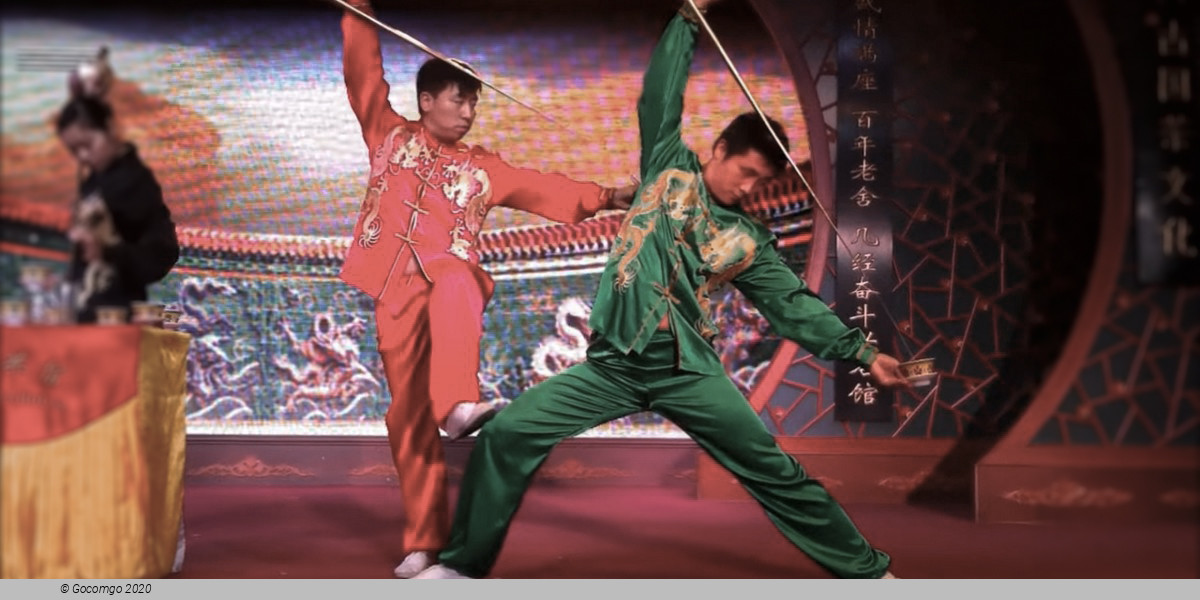
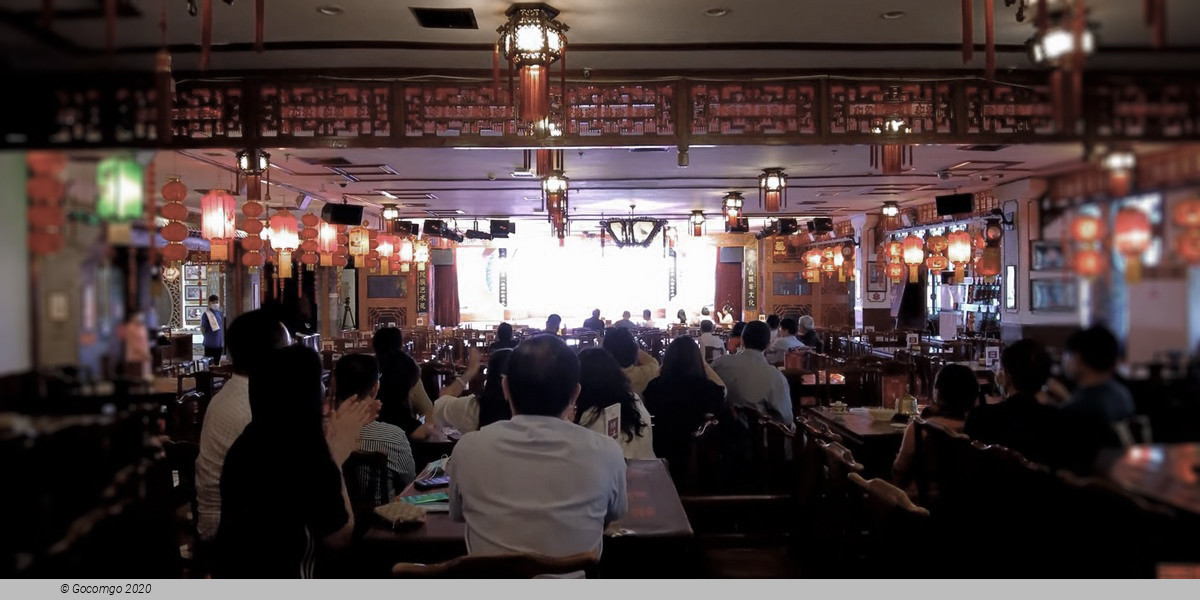
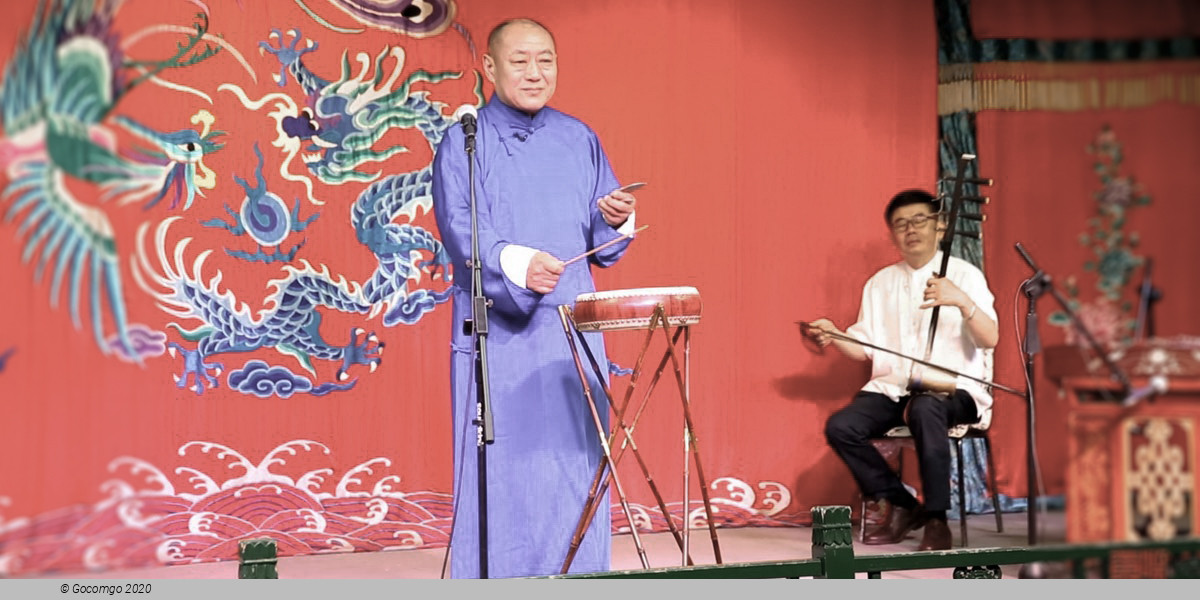
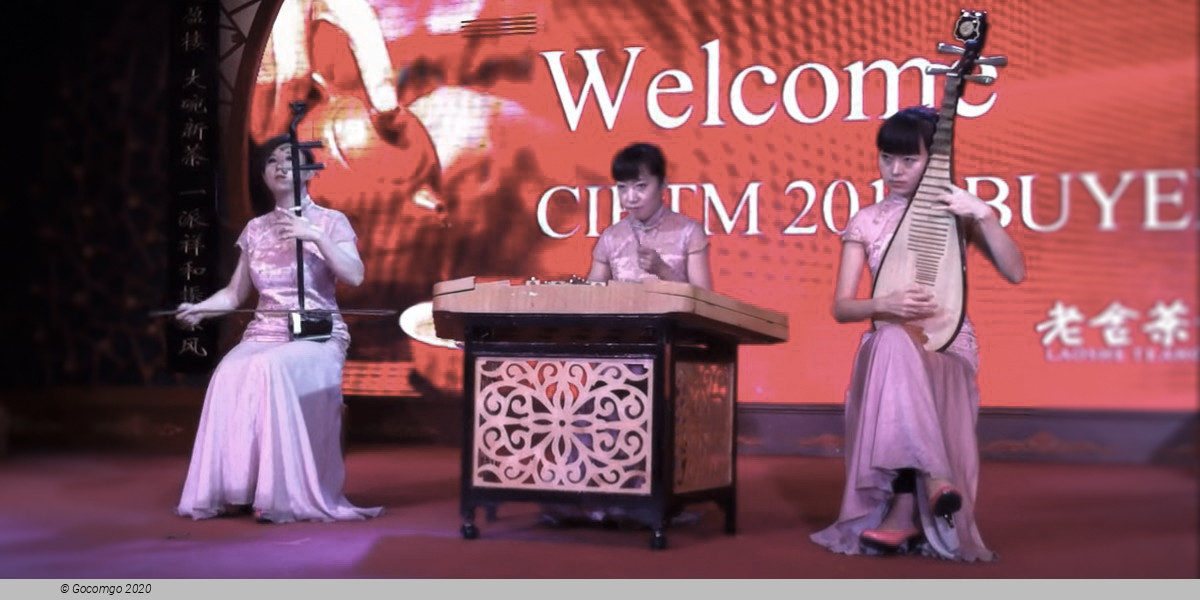
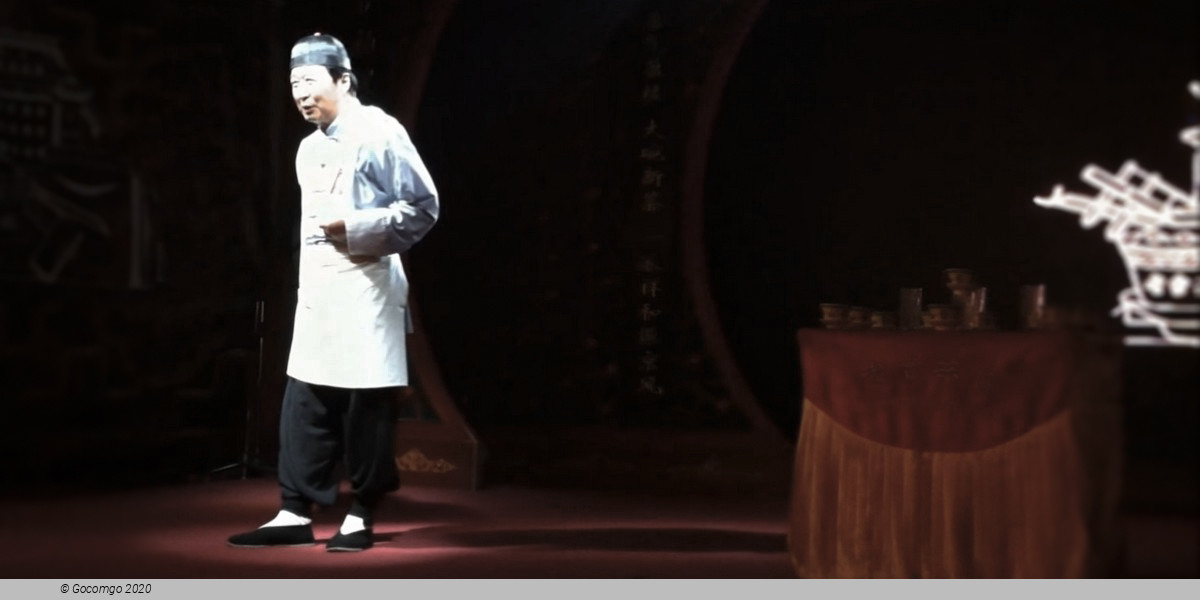
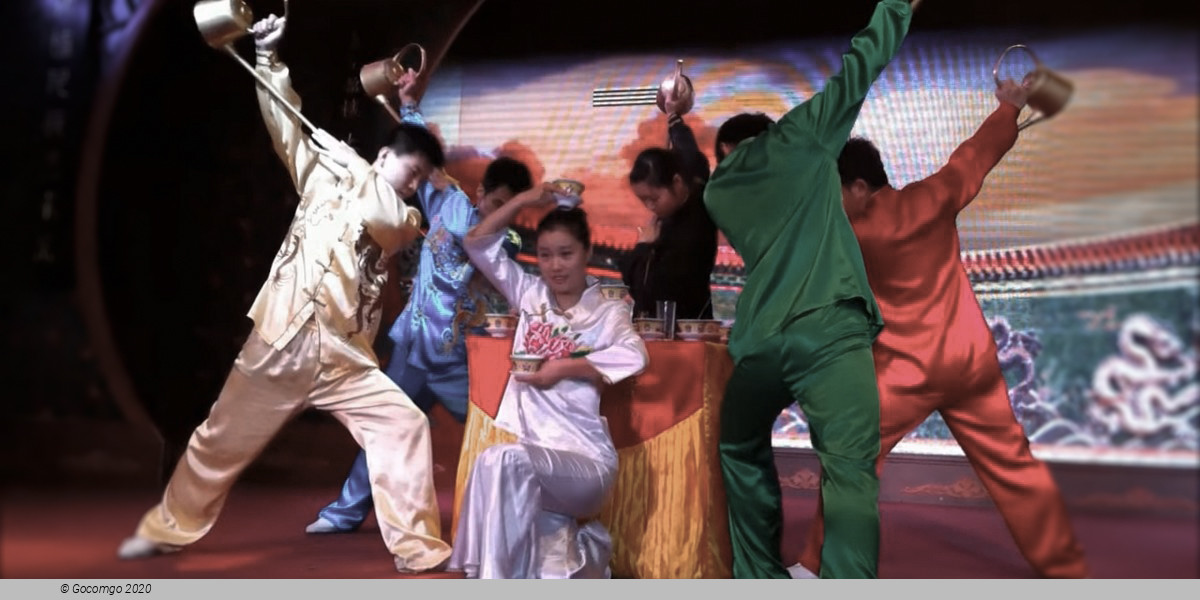
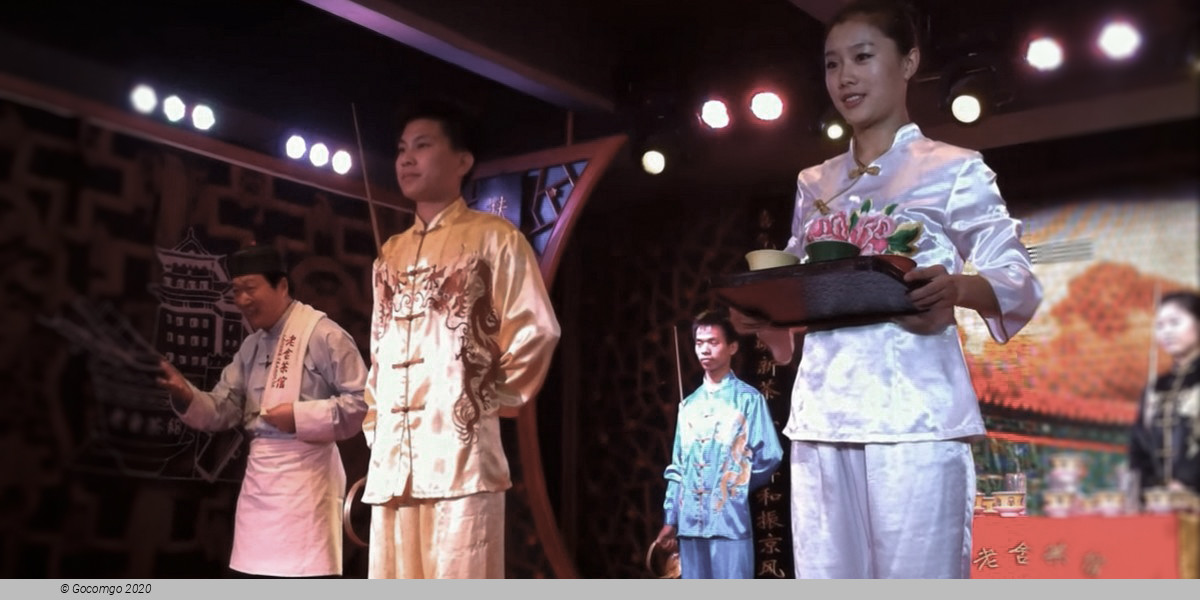
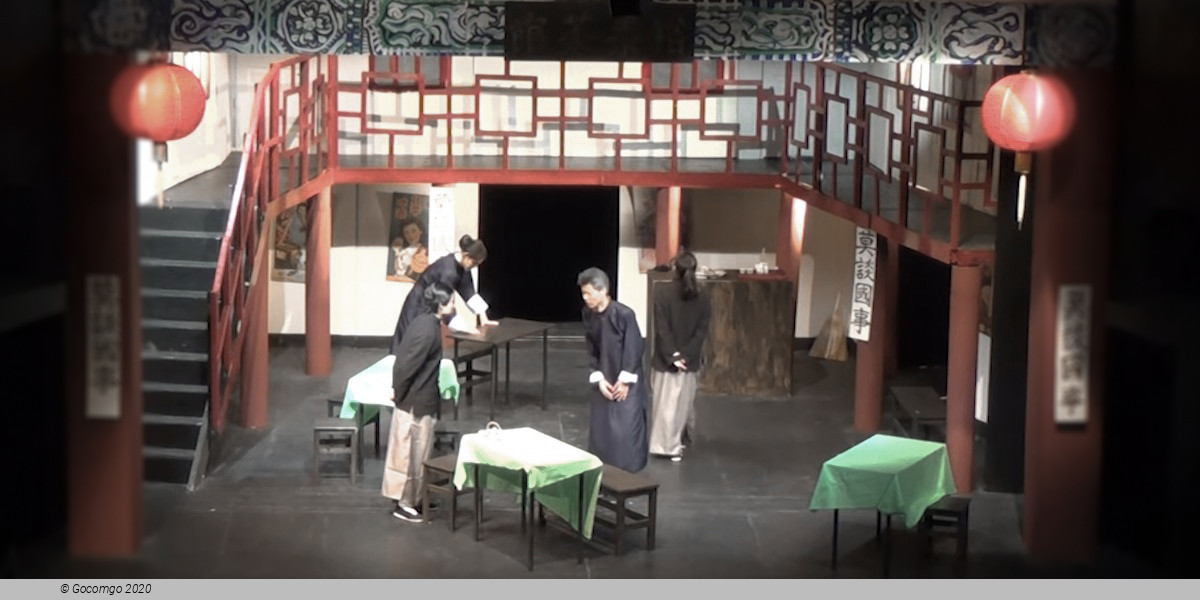
 3 Qianmen West Street, Xuanwu District
3 Qianmen West Street, Xuanwu District